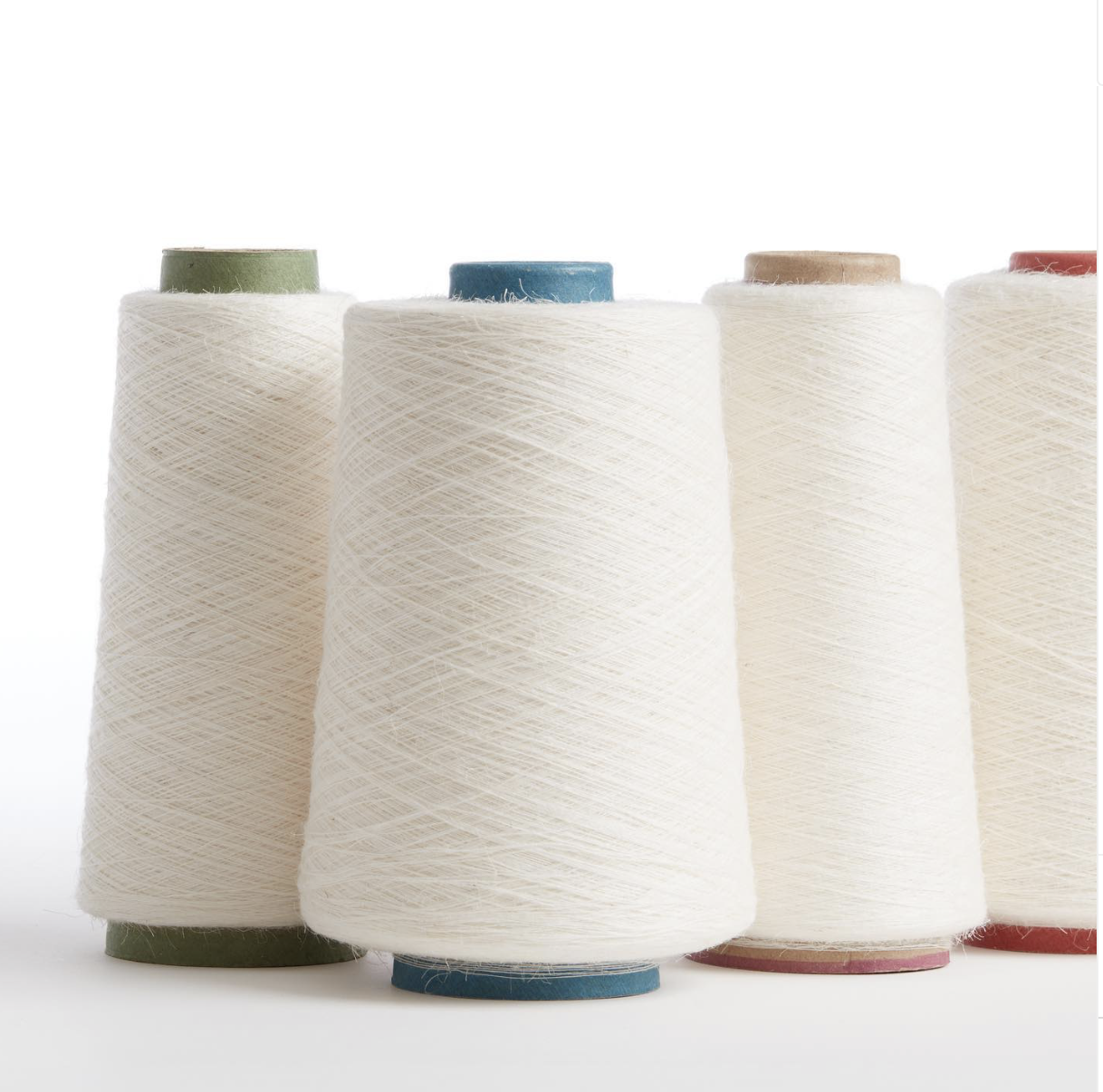Sustainable Innovation forms fruit-based Textiles
From an environmental standpoint, the world might seem quite grim right now, in particular the USA. However, sustainability and environmental impact transcend boundaries. Innovative technologies and groundbreaking visionaries from far-off lands still possess an effect that trickles over and across the seas. And just because our people and our political leaders might not see eye to eye when it comes to science, there are still plenty of people in each of our communities pushing for a sustainable, ethical, and just future.
Where are these leaders?
You can find them in major cities and even remote villages. From individuals who attended the most sophisticated schools to grassroots, at-home creators. From those with infinite research and resources to those fully desperate and looking for solutions. These sustainable minds and conscious consumers are united over the desire for positive and widespread change.
So what’s happening?
SO MANY THINGS. But for this blog, our focus is textiles. Companies are turning agricultural waste into valuable textiles, showcasing the potential for sustainable practices to transform traditional industries.
Food waste is not only a shame, as people are starving worldwide, but also a major source of methane emissions. In some cases, food is already being turned into fuel and compost, and now there is a new use with a fashionable twist!
You might have already heard of cactus leather and even bioplastics made from seaweed, but utilizing food WASTE is even cooler because it prevents it from actually being considered “waste” in the garbage sense.
Food-based textiles are increasingly gaining popularity as designers seek alternatives to animal- and petroleum-based leathers, let’s dive deeper.
Food waste-to-textile innovations:
1) Pineapple Leather:
Pineapple waste, produced during harvesting and processing, has considerable environmental impacts. Let’s break down the anatomy of a pineapple: leaves, crowns, stems, peels/skin, the core, and everyone’s favorite part, the meat. The waste outweighs the edible product.
Field Waste:
Leaves: Represent about 75% of the harvested plant and are typically discarded.
Crowns: Constitute around 13% of the waste.
Stems: Part of the plant residue.
Processing Waste:
Peels/Skin: Account for approximately 44.36% of the waste.
Core: Makes up about 7% of the waste.
Typically, this kind of waste would fill up landfills or be burned, causing negative environmental effects. However, innovative companies like Piñatex are changing this.
Ananas Anam has developed revolutionary fabrics from this usually wasteful industry to create Piñatex and Piñayarn. By repurposing agricultural waste, they minimize environmental impact and provide a second income stream for local pineapple farmers in the Philippines. Their circular economy model not only reduces waste but also empowers local farmers.
2) Fabric from Oranges
Similarly, Orange Fiber transforms the orange juice industry by using leftover oranges to make fabric and yarn. Originating in Sicily, Orange Fiber utilizes the significant waste generated during orange juice production, which includes peels, seeds, and pulp.
Orange Juice Waste:
Peels: Represent the largest portion of the waste, accounting for 40-55% of the total weight of the orange.
Pulp: Makes up a significant portion of the waste.
Seeds: Constitute less than 10% of the waste.
Orange Fiber transforms orange juice production waste into fabric through an innovative process. The company extracts cellulose from the peels, seeds, and pulp of oranges, which is then spun into a silky, sustainable yarn that can be woven into textiles. This process repurposes agricultural waste and creates a high-quality fabric suitable for fashion and other applications.
Fruit-filled conclusion:
These innovative companies exemplify the potential of eco-tech to create tangible solutions for environmental challenges. Addressing waste management, renewable energy, and carbon emissions provides a roadmap for a more sustainable future. Exploring these technologies offers hope and encourages us to support and adopt sustainable practices in our daily lives.


